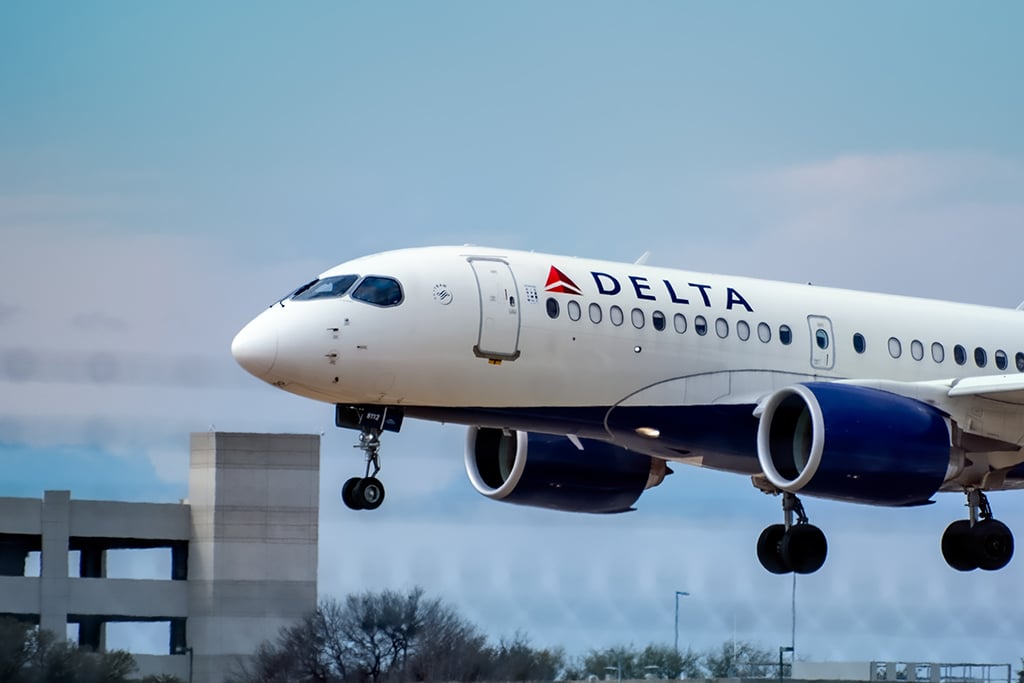The broader concerns of stakeholders in the airline industry can be attributed to the fears of recession.
The ongoing beating that Wall Street stocks are taking is becoming more resounding among airlines, a trend that became predominant despite the ongoing surge in both local and international travel.
The airline industry was one of the most hit during the coronavirus pandemic-induced lockdown. With countries locking their borders and travels becoming highly restricted at that time, most airlines were running at a loss. A few even had to depend on the government’s bailouts despite downsizing at that time.
The tides have shifted, however, and most of the airlines operating in the United States are now projecting that profitability is nearer than ever. These glorious times are not reflected in the share prices of these firms as the entire financial market is buckling under the growing inflation that is plaguing the US at this time.
With the key inflation indication for May rising 8.6%, the Federal Reserve was largely more determined to taper this growth and increased the interest rates by 75 basis points, the largest of such increments since 1994. The expectation is that this interest rate hike will contribute to helping to taper down consumer prices that have grown to levels not seen since the 1980s.
Airlines Stock Performance
As of Thursday’s close, Delta Air Lines Inc (NYSE: DAL) closed trading at 7.45% to $29.58 while United Airlines Holdings Inc (NASDAQ: UAL) slumped by 8.21% to $34.78. The poor performance of these legacy airline firms came despite the glaring high fair prices.
“If you’ve flown on a plane lately, planes are very full and plane tickets are very expensive,” Federal Reserve Chairman Jerome Powell said Wednesday.
The decline is comprehensive across the industry as other less-known airline operators like Alaska Air Group, Inc (NYSE: ALK), Spirit Airlines Incorporated (NYSE: SAVE), and JetBlue Airways Corporation (NASDAQ: JBLU) have also seen their share prices impacted, compounded by labor shortfalls to help handle the current supply surge.
There is even a far more attention being paid to airlines as Executives in this industry are billed to have a meeting with Transportation Secretary, Pete Buttigieg to discuss how the firms are handling delays and cancellations which have become prevalent this year.
The broader concerns of stakeholders in the airline industry can be attributed to the fears of recession. This will likely snatch back the progress that has been made over the past year as firms may be forced to take some drastic decisions to fit the macroeconomic outlook. Investors are notably engaging with the industry in this light.
“The market is just reacting to anything that’s cyclical, anything that’s considered sensitive to the economy,” said Savanthi Syth, airline equity analyst at Raymond James. “As frustrating as it is to watch the stocks … we are going into this recession like we’ve never gone into one before.”
While the outlook in terms of growing revenue and stock price are very different for now, airlines do not seem to mind the current positive demand across the board.
